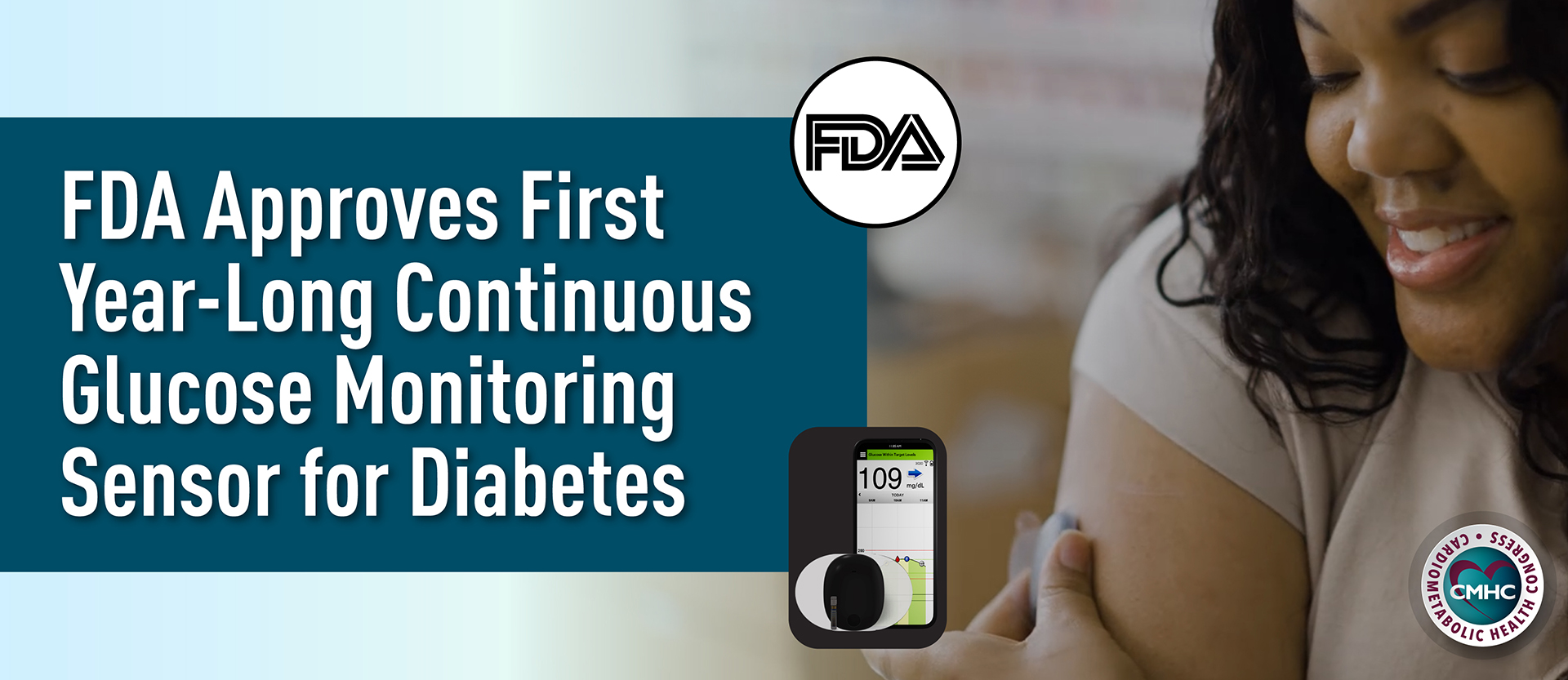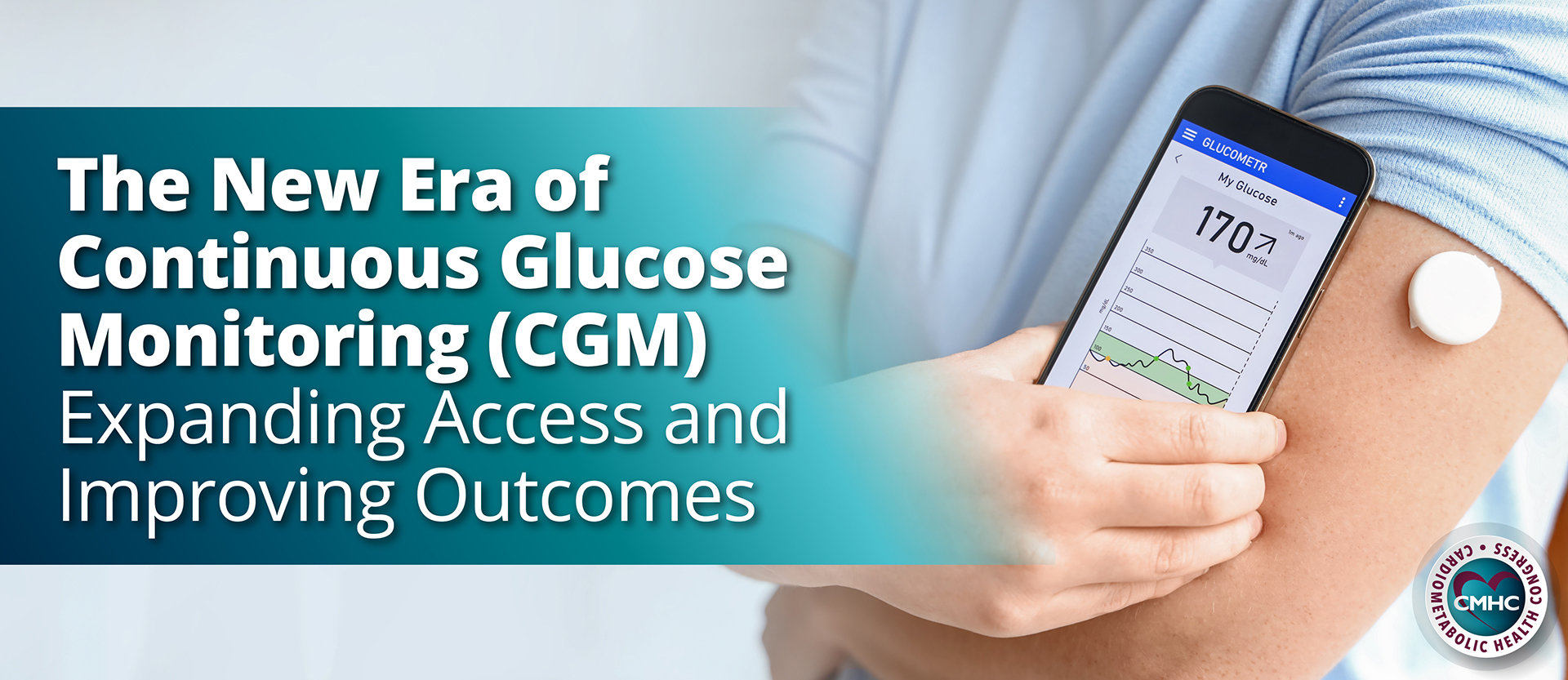Chronic conditions now dominate healthcare, both in terms of expenditures and effects on patient quality of life. Over half of Americans have at least one diagnosed chronic condition. When solely considering cardiometabolic syndrome, 57.5% of Americans are estimated to have prediabetes, undiagnosed diabetes, or diabetes, and rates of metabolic syndrome continue to rise. To effectively treat this epidemic of chronic illness, and the overwhelming rates of cardiovascular disease, it is critical to arm both patients and providers with knowledge surrounding lifestyle modifications.
Christos S. Mantzoros, MD, professor of medicine at Harvard Medical School, recently confirmed the critical importance of investigating & researching lifestyle changes for cardiometabolic risk: including nutrition and adherence to healthy diets, sufficient exercise, smoking cessation, and other factors that can help mitigate cardiometabolic risk. “This is a very important topic that is often overlooked,” said Dr. Mantzoros at the Heart in Diabetes Clinical Education Conference. He clarified that it is often “cumbersome and time-consuming” for clinicians to dispense practical advice to patients, and many prefer to outsource to dietitians.
Yet given statistics that indicate over 30% of the country’s population is obese—and more than one-third are considered overweight—apathy is no longer an option. Mantzoros offered supplemental suggestions that could help patients reduce cardiometabolic risk, encouraging adherence to plant-based diets, the consumption of less trans and saturated fats; moderation of alcohol, and participation in physical activity & exercise.
“It is very important to realize it takes a long time to make changes to one’s lifestyle, but the benefits are so important,” says Mantzoros. While the aforementioned changes will not immediately lower cardiometabolic risk and BMI, patients will see continuous improvement over time. Mantzoros additionally referred to other large-scale, more macro changes that can benefit cardiometabolic health: including urging local & municipal governments to create environments that both allow and encourage physical activity, and recommending that state and federal governments consider public health measures (i.e. taxes on high-sugar drinks, and applied clinical research on obesity in humans).
“The way many of us currently live our lives, the way we eat, the way we exercise, leads to more obesity and cardiometabolic risk…but making changes…can lead to better outcomes later in life,” Mantzoros said. While lifestyle factors are often overlooked, these can be key to overall reduction of cardiometabolic disease.
A new initiative this year is the Lifestyle Showcase in the Exhibit Hall at the 13th Annual CMHC event: an area dedicated to companies that promote healthy lifestyle choices for cardiometabolic patients. Attendees are encouraged to visit the Lifestyle Showcase, and learn strategies for incorporating healthy lifestyle choices into their patients’ daily routines—to help combat chronic disease, and supplement treatment plans for an enhanced quality of life.
SOURCES
Mantzoros, CS. The role of lifestyle modification in the prevention and management of cardiometabolic risk: Clinical recommendations and underlying mechanisms. Presented at: Heart in Diabetes Clinical Education Conference; July 13-15, 2018; Philadelphia.
https://www.aafp.org/fpm/2011/0300/p16.html
https://www.ncbi.nlm.nih.gov/pmc/articles/PMC2790093/
https://templatearchive.com/chronic-diseases-in-america/








